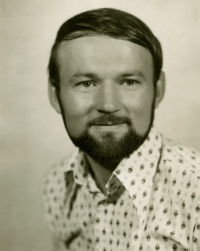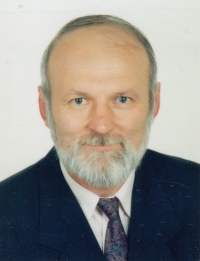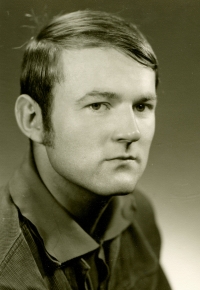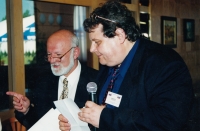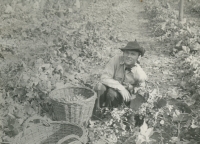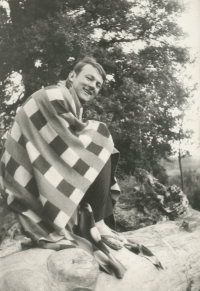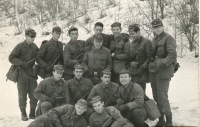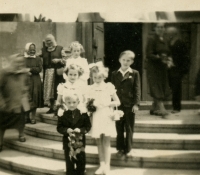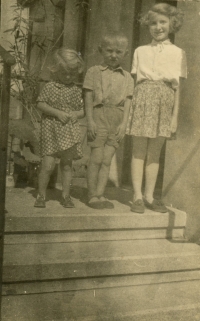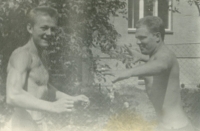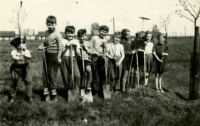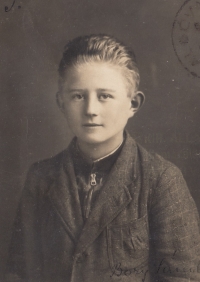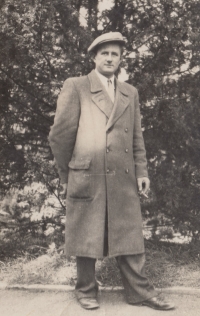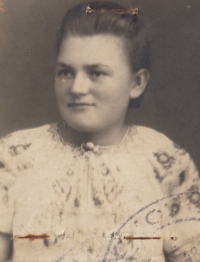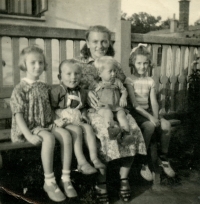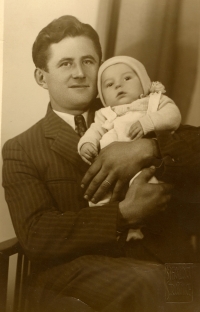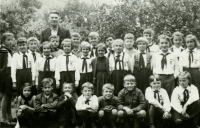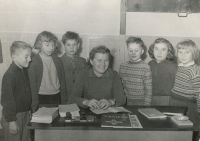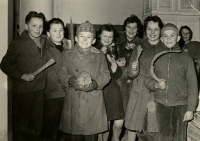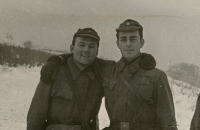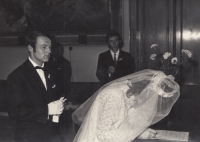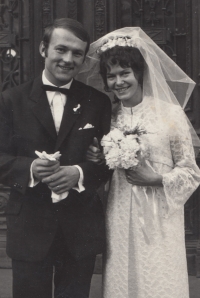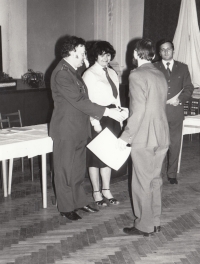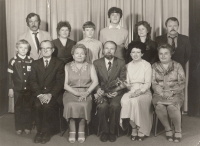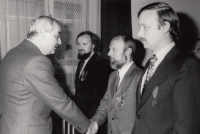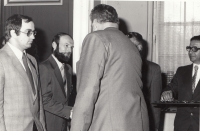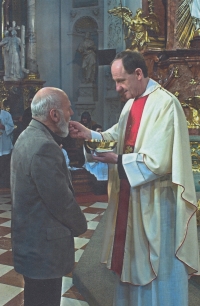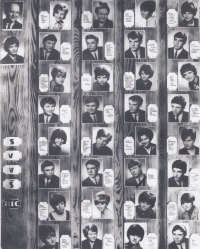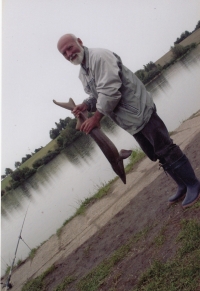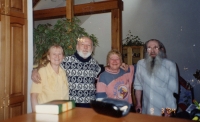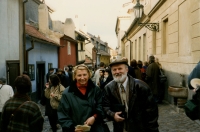Turn the aerials eastwards

Stáhnout obrázek
Alexander Bory was born on July 25, 1949 in the Vinohrady hospital in Prague. His parents, father Alexander and mother Margita, were post-war Hungarian exiles from southern Slovakia and they met while working at the railway construction near Havlíčkův Brod. They were both manual workers and so young Alexander could study at grammar school. After A level exams, he considered studying theology, but eventually he applied for admission at the Faculty of Arts. He was not admitted, so he had to start the military service, he served with signalmen who checked the radio traffic. He wanted to keep doing similar work, so he signed up for the Public Security. After coming back from the military service in the autumn of 1971, he put on the uniform of a Public Security, becoming a member of the Prague - Žižkov department. In the spring of 1973, he got to the Administration VI of the National Security Corps (NSC), where, working on shifts, he participated in the monitoring of radio broadcasting. In 1986 he graduated from the University of the NSC and went over to radio engineering secret service (NSC Administration XIII) as an analyst. At the end of 1988, he completed an internship at the East German secret service Stasi, which belonged to the elite in the field of wiretapping in the Eastern bloc and also cooperated with Czechoslovak State Security. After the November Revolution, the witness became the highest-ranking member of the radio intelligence service and tried to adapt this secret service to new circumstances. For example, he played a key role in picking up the information that saved the Americans from political disgrace in the Middle East. He tried to reorientate the potential of the radio intelligence service to the disintegrating Soviet Union. The action aimed to monitor the retransmission tower near Užhorod, Ukraine, and to start eavesdropping on signals there failed. Alexander Bory was made to leave the intelligence service. He then changed several jobs and run businesses, in 2020 he was engaged in housing construction.
